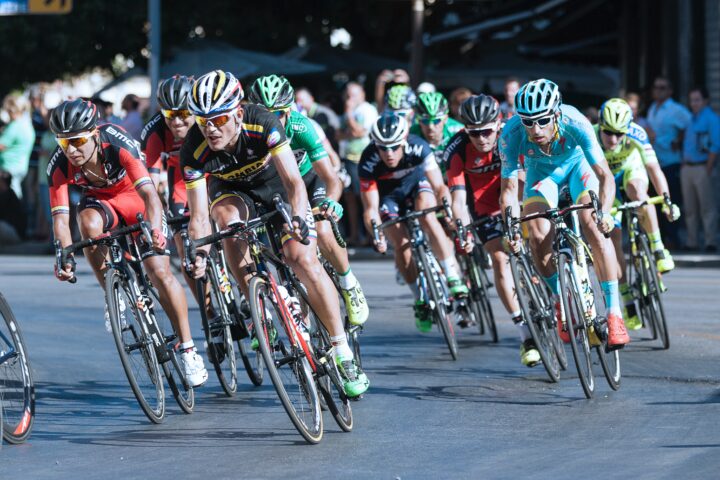
How to Manage Competition Stress
Coach Julie Young explores the science, mental skills, and strategies that help us manage the stress of racing.
Grit. Mental toughness. Resilience.
Fitness isn’t what separates the elites. It’s their ability to suffer, to manage their attitude, and to know when to push and when to pull back.
See what sport psychology methods high-level athletes use and which we can adopt during our own training and racing.

Coach Julie Young explores the science, mental skills, and strategies that help us manage the stress of racing.
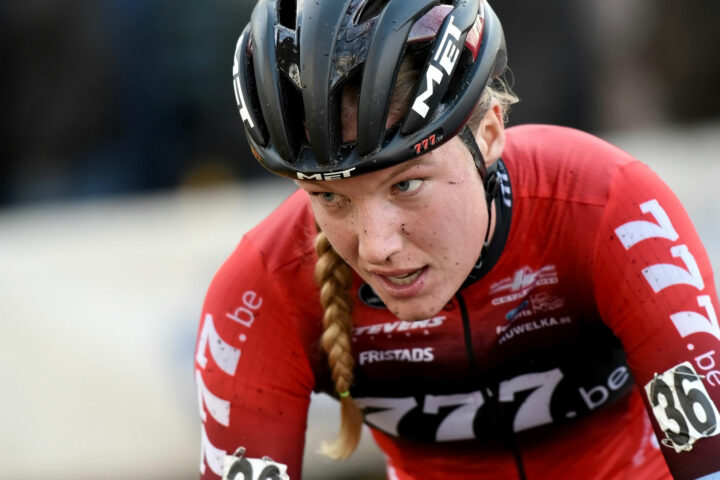
The very best athletes are as strong mentally as they are physically. In the Sport Psychology Pathway from Fast Talk Labs, we explore how to build mental skills with experts like Dr. Simon Marshall, Julie Emmerman, Grant Holicky, Lesley Paterson, and Julie Young.

Coach Grant Holicky details the concept of mindfulness, how to attain it, and how it can help performance.
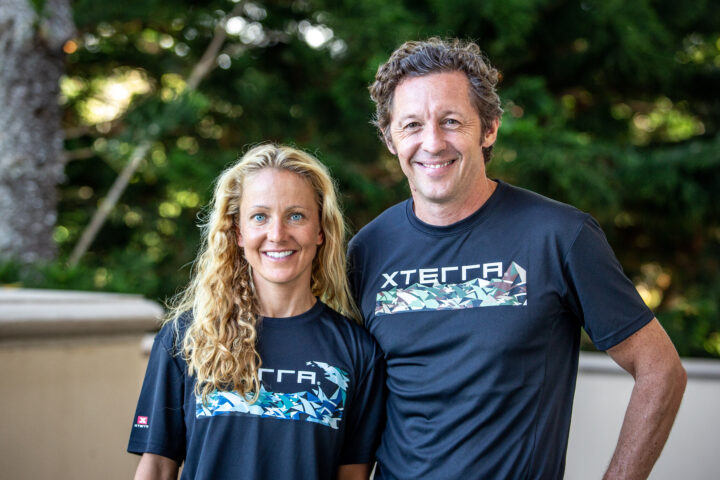
We discuss the underlying principles of an athlete’s psychological welfare, and why our thoughts and feelings are simply emergent properties of brain and nervous system physiology.

We talk with Dr. Jennifer Harris about the critical role that parents play in junior athlete development, and why that role is too often ignored or left undefined.

Improving your ability to push beyond your perceived limit can bring many rewards, from watts to wins.

What to do when you find yourself caught up in other athletes seeming tougher, happier, and more badass than you on social media.

It’s natural and at times beneficial to compare yourself to others, but social media can exacerbate the negative aspects that come with too many comparison games.
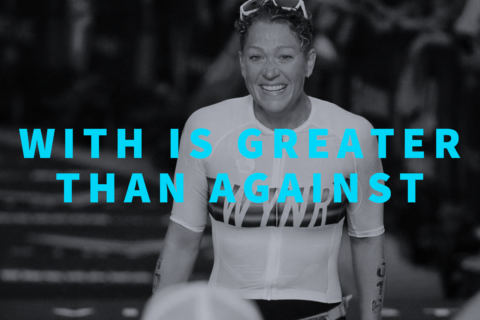
When female athletes are encouraged to work with their competitors—not against them—it raises everyone’s game, as Coach Lauren Vallee knows only too well.

Body image, underfueling, negative self-talk, comparison—these are just some of the things that commonly prevent female athletes achieving their best, yet they don’t have to. One coach shares her way of turning this around.

Measured doses of discomfort can yield improvements to self-awareness, motivation, and resilience.
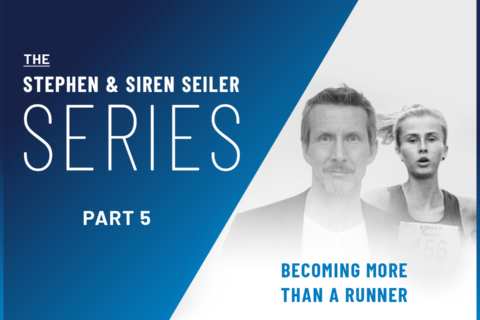
Siren Seiler talks about how building a life outside of running helps her navigate some tough times in her athletic career.
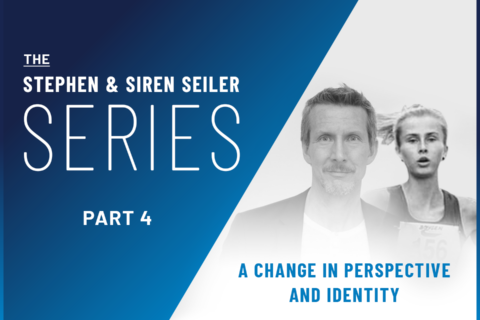
Siren Seiler discusses the growth that came with detaching running from her identity.

You know your workout is supposed to be easy, but you just can’t help dropping the hammer sometimes. A leading neuroscientist lifts the lid on what’s going on in your brain when this happens—and what you can do about it.

The very best athletes are as strong mentally as they are physically. In the Sport Psychology Pathway from Fast Talk Labs, we explore how to build mental skills with experts like Dr. Simon Marshall, Julie Emmerman, Grant Holicky, Lesley Paterson, and Julie Young.

Coach Julie Young explores the science, mental skills, and strategies that help us manage the stress of racing.
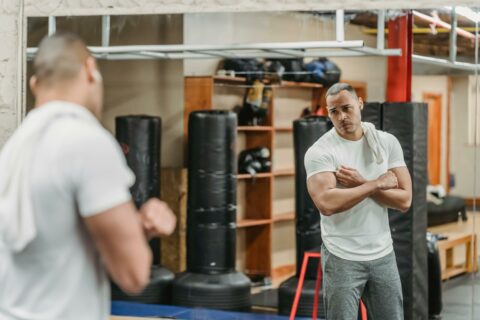
We’re joined by coach and athlete Julie Young who helps us field questions on how to build an annual training plan, coping with race stress, and overcoming body image issues.
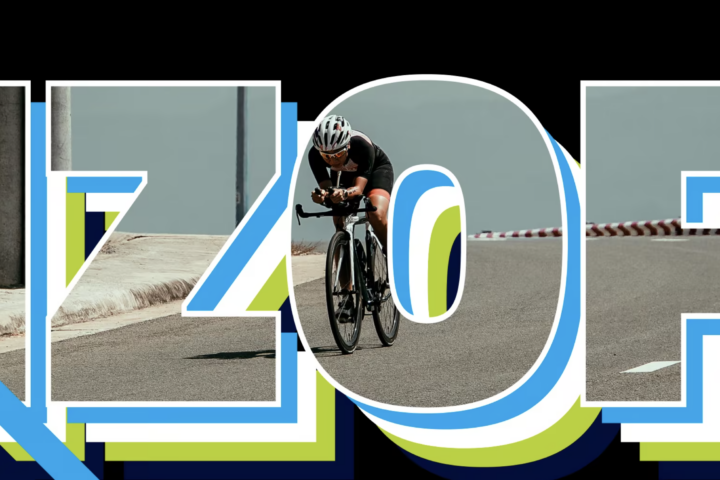
Every athlete has a personal IZOF. Coach Grant Holicky shares the concept and explores how to determine your IZOF. Then he shares why knowing your IZOF is helpful and how you can recreate your IZOF on demand.
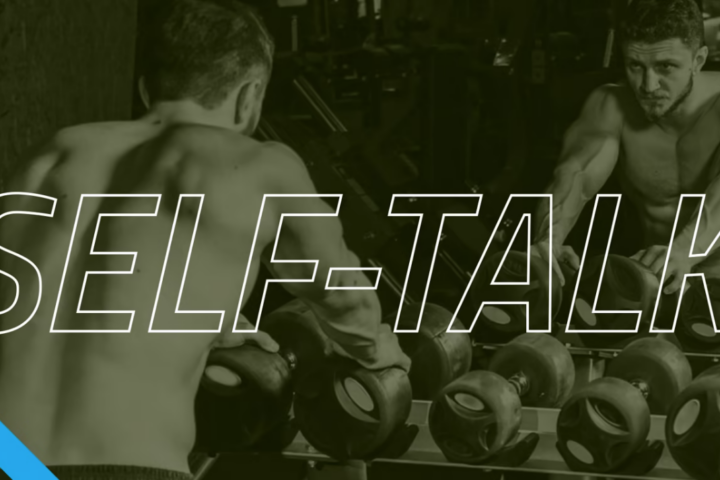
Coach Grant Holicky explores the concept of self-talk, how to use it effectively and consistently, and how it can help performance and health.

Coach Grant Holicky details the concept of mindfulness, how to attain it, and how it can help performance.

Is it better to focus on one big race a year, or have several targets? Is performance or process more important when it comes to goal setting? Two Olympians help us tackle these complex questions.
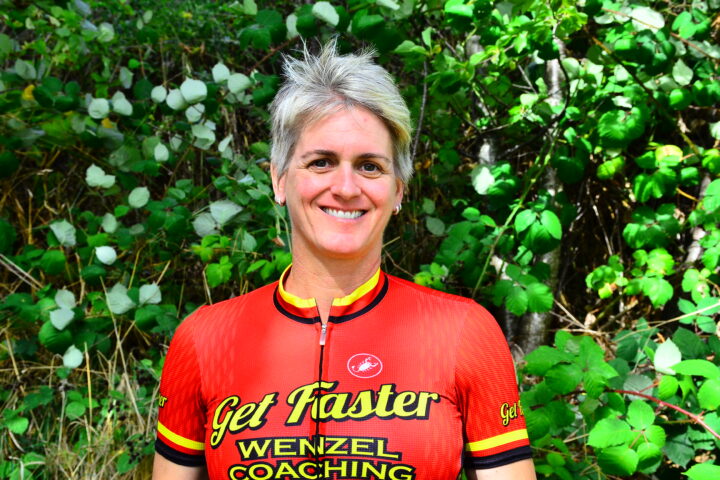
Coach Wenzel helps answer questions on travel, final race prep, big gear work on LSD rides, pushing through exhaustion, and training races.